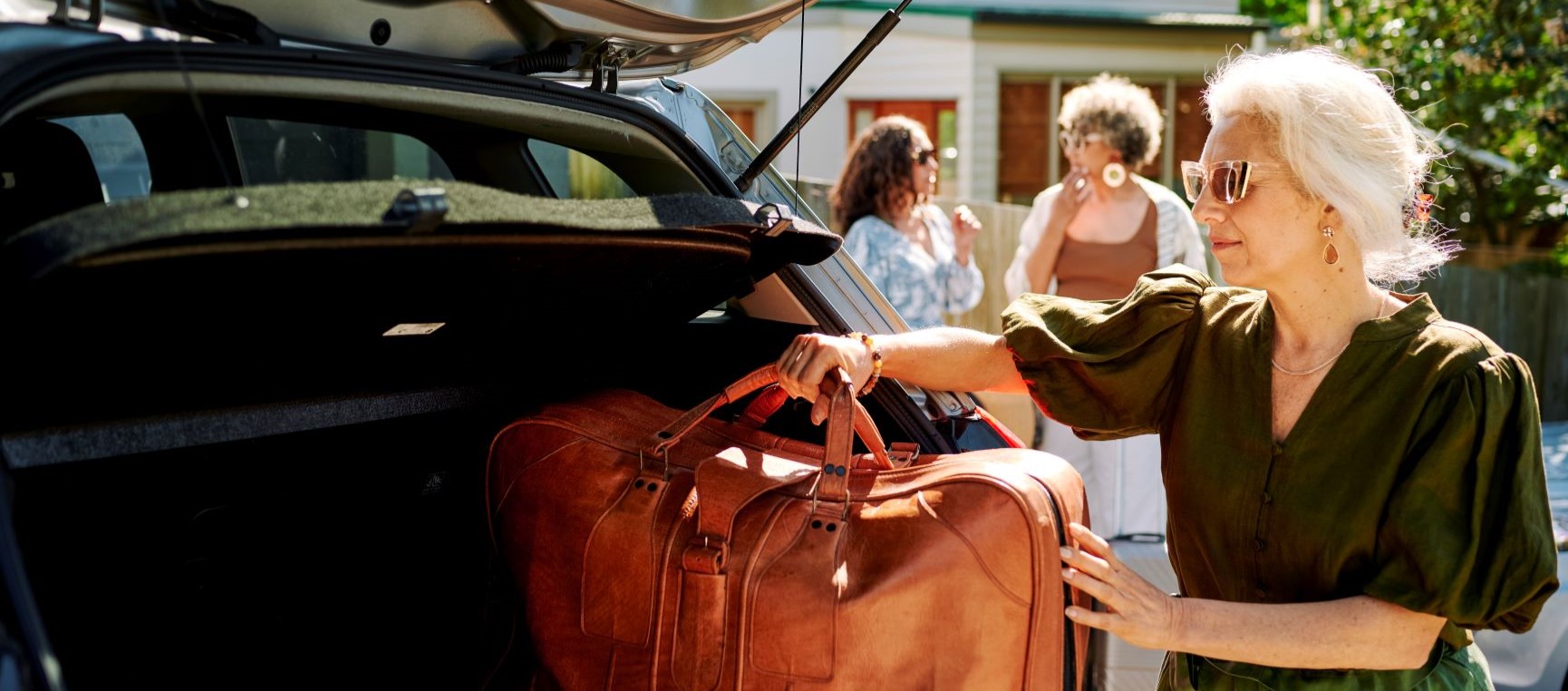
Whether you’re lounging by a pool, hiking up a mountain, or taking in the sights, holidays are a great way to unwind and leave the stresses of everyday life behind.
But before you head off, don't forget to spend a few minutes unplugging some of your electricals to save you money and keep you safe.
There are three important reasons to do this.
It will save you money. Electrical items left on standby are termed vampire devices, or phantom devices, because they continue to drain power.
According to a 2022 survey by British Gas, UK households could save an average of £147 a year switching off these devices.
With the cost of energy increasing since then, the figure is likely to be considerably higher today. And it’s worth keeping in mind that some vampire devices continue to drain power even when switched off, if they remain plugged in.
Unplugging appliances protects them from a power surge.
"Surges can occur after a storm or power outage, when the power is reconnected in your area,” explains Sam Starbuck, Home Expert at emergency repairs company HomeServe.
"These surges can seriously damage electronics like TVs or computers, so unplugging your devices is a simple step that could prevent costly repairs.”
There is the small but real risk that items left plugged in could catch fire. Most modern electrical items come with an automatic shut-off to prevent this, but it's not worth taking the chance.
Anna Thunstrom, Home Product Manager for Saga Insurance, says: "Electrical faults are a common cause of house fires, but you can help prevent them."
She added that, "unless it’s designed to stay on long-term like fridges and cookers, switch off and unplug anything that’s not being used.”
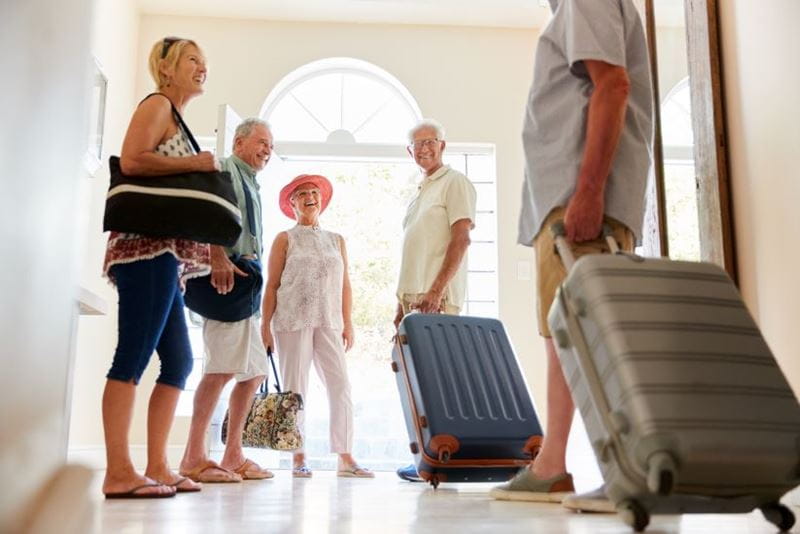
So you’re all packed, you’ve got your sunscreen, and you’ve checked for the 11th time that you have the passports.
Now what do you need to unplug before you go?
Our kitchens are crammed with countertop appliances, from coffee machines to microwaves, air fryers to blenders.
Charlie Pugsley, London Fire Brigade's Deputy Commissioner, says it’s worth unplugging all of them.
“You should turn off and unplug all unnecessary electrical appliances to save money and reduce the risk of an electrical fire.
"In your kitchen, for example, do this with kettles, toasters, and microwaves.”
Of the approximately 34,000 house fires in the UK every year, 44% are caused by electrical cooking appliances.
Sam Starbuck names toasters as one of the “main culprits” in causing house fires.
Being built-in, it’s easy to forget to unplug large white goods like dishwashers, washing machines and tumble driers, but it’s important to do so.
Dishwashers and washing machines are among the greediest vampire devices, because they need to be ready to heat water at the push of a button.
Meanwhile, tumble driers are another of Starbuck’s ‘main culprits’ for the risk of fire in the home.
In 2023, 338 fires in the UK were caused by e-bikes and scooters with Lithium-ion batteries, and insurance companies have listed Lithium-ion batteries as a recognised fire risk.
The British Safety Council says: “Lithium-ion battery failures are relatively rare, but in the event of a malfunction, they can represent a serious fire risk.”
Saga Insurance’s Anna Thunstrom says out that these should not be left charging when you are away: “E-scooters, and other items with large batteries, should never be charged unattended.
"And make sure the leads and chargers you use come with a British or European safety mark.”
Electric blankets and throws are an excellent, and cost-effective way to keep warm in the home. But they also present a fire risk – particularly as they get older. In the UK alone, more than 5,000 fires every year are caused by electric blankets.
They should be unplugged whenever they are not in use, but particularly when you’re going to be out of your home for an extended period.
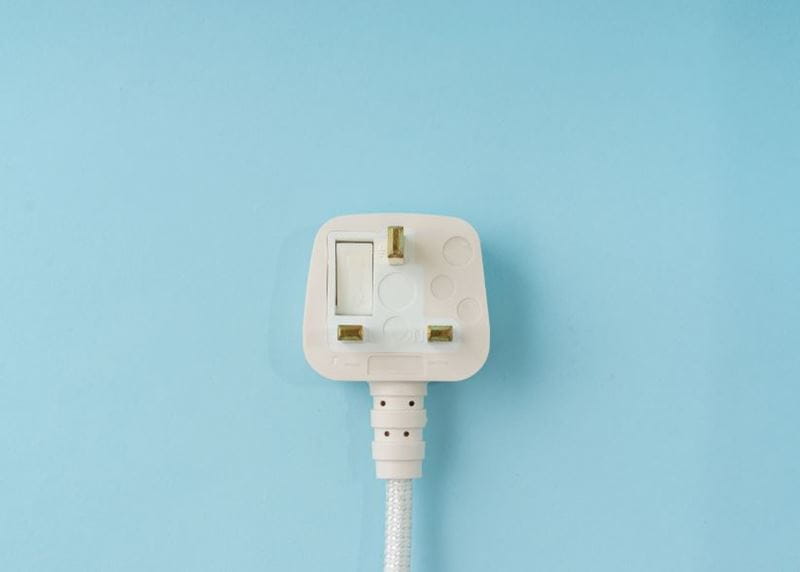
It’s worth taking the time to unplug your home entertainment devices before heading off on holiday. According to that 2022 survey by British Gas, the two items that cost the most in electricity over a year if we leave them on standby, are TVs and set top boxes.
Factor in stereos, bluetooth or smart speakers, digital radios, media players and the like, and it all adds up. Plus, given the cost of a full home entertainment system, why put it at risk of being ruined by a power surge?
The only exception is if you want to use your set top box to capture your favourite programmes while you’re away, in which case it needs to be left on standby (but the TV can still be unplugged).
Home offices tend to include a fair bit of energy-sucking kit, including computers, monitors, printers, scanners, shredders and laminators.
One of the biggest mistakes is closing a laptop without shutting it down. Not only does it drain energy by continually charging your battery, but it also presents another fire risk.
“We always advise turning your laptop off when you’ve finished using it, and don’t leave it on a combustible surface, like a bed or a chair,” cautions London Fire Brigade’s Pugsley.
One thing to leave plugged in and switched on is your Wi-Fi router. It doesn’t use much energy, and switching it off would interfere with any connected devices that help run your home in your absence, such as thermostats or home security.
As we’ve already mentioned, it’s a good idea to leave your Wi-Fi router and your TV set top box on, for smart home functions and recording programmes.
If you have lamps switched to come on using a timer, remember to leave them plugged in too.
In addition, If you use a video doorbell and want to keep track of comings-and-goings at your front door, you need to leave your system fully powered-up.
And, while she says most things should be switched off, Anna Thunstrom has one key exception “I never miss an opportunity to say – check your smoke alarm," she warns.
These fall into the "maybe" category for switching off.
Pugsley offers reassurance that “although you may want to unplug your fridge/freezer, they are designed to be left switched on.”
However, if you’re super-organised, and eat everything in them before you depart, then switching them off is a great way to save money, particularly if you’re away for an extended period.
“If you’re going to be away for a long stretch, it’s a good idea to switch them off,” advises Sam Starbuck. “However, if you’re leaving them on, just double-check they're working properly before you leave.”
If you do switch them off, remember to leave a tray to catch any meltwater from the freezer as it defrosts. Realistically, most of us will leave them on – and that’s fine. But it’s not necessary to leave them on their coldest setting, so think about upping the temperature a couple of degrees.
Fridges use less energy when they are full, so filling them with bottles or jars of water will reduce running costs.
If you are leaving anything plugged in, Anna Thunstrom has a further precaution: “With so many electricals at home, it can be tempting to overload sockets.
"Ditch any 3-way mains adapters that can loosen and short circuit in the socket and use a multi-plug extension lead instead.”
Perhaps most importantly, unplug yourself. Modern living is a fast and frenetic business, so wherever possible, avoid checking emails and maybe even unplug from the relentless news cycle.
Wherever you’re going, enjoy yourself. Bon voyage!
Benjie Goodhart divides his time between working as a freelance journalist and in the TV industry. He has written regularly for The Guardian, GQ and Saga Magazine, and worked for Channel 4 in programme publicity. He lives in Brighton with his wife, two children, and three tellies. He loves the tellies most of all.

What if... this is the best holiday you’ve never taken?
At Saga, we know that going big on the little details makes all the difference. Discover a range of expertly crafted holidays where everything’s taken care of.

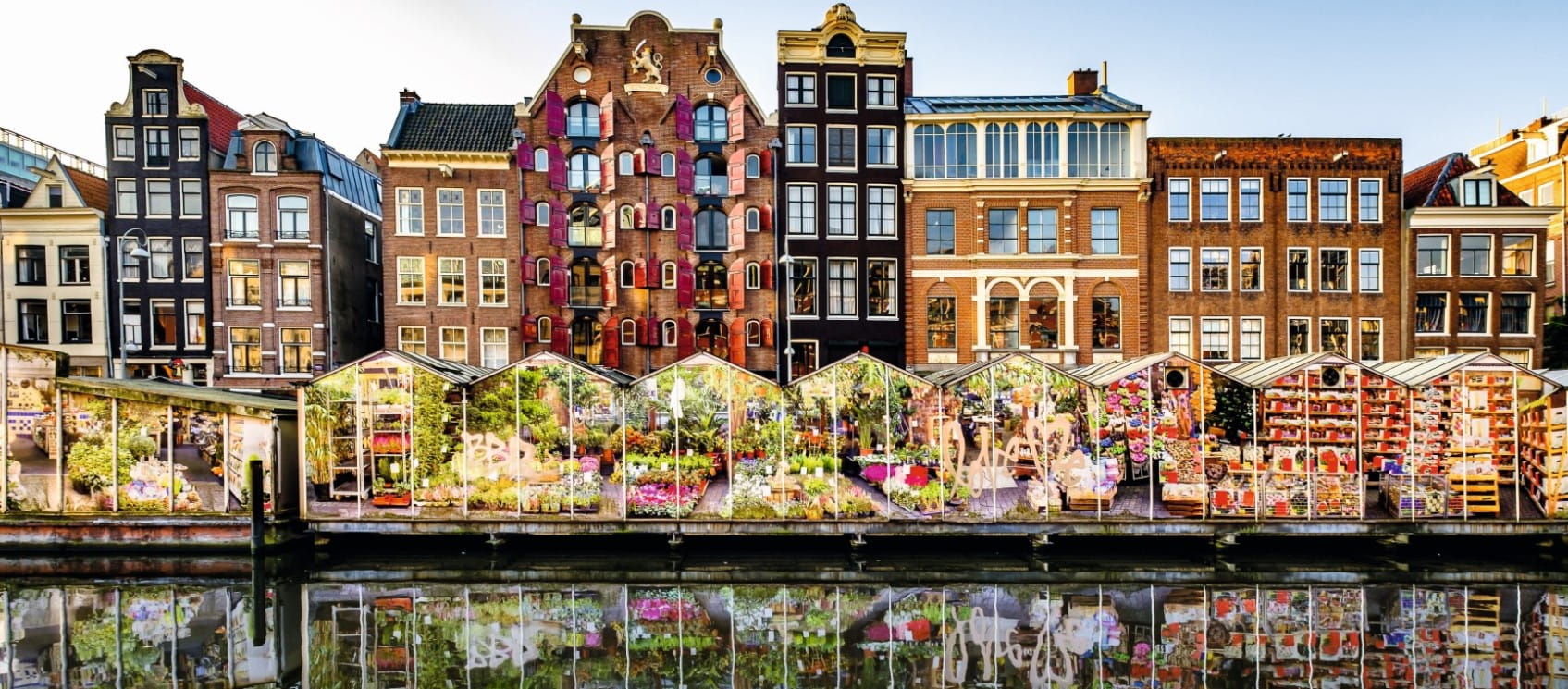

Whether your perfect beach holiday is just sun, sea and sand, or if you like a bit of sightseeing, shopping or snorkelling thrown in, one of these might be your ideal destination.

Jetting off to Italy’s ‘Eternal City’? We reveal the best places to visit in Rome, from ancient temples to al fresco dining with a view.


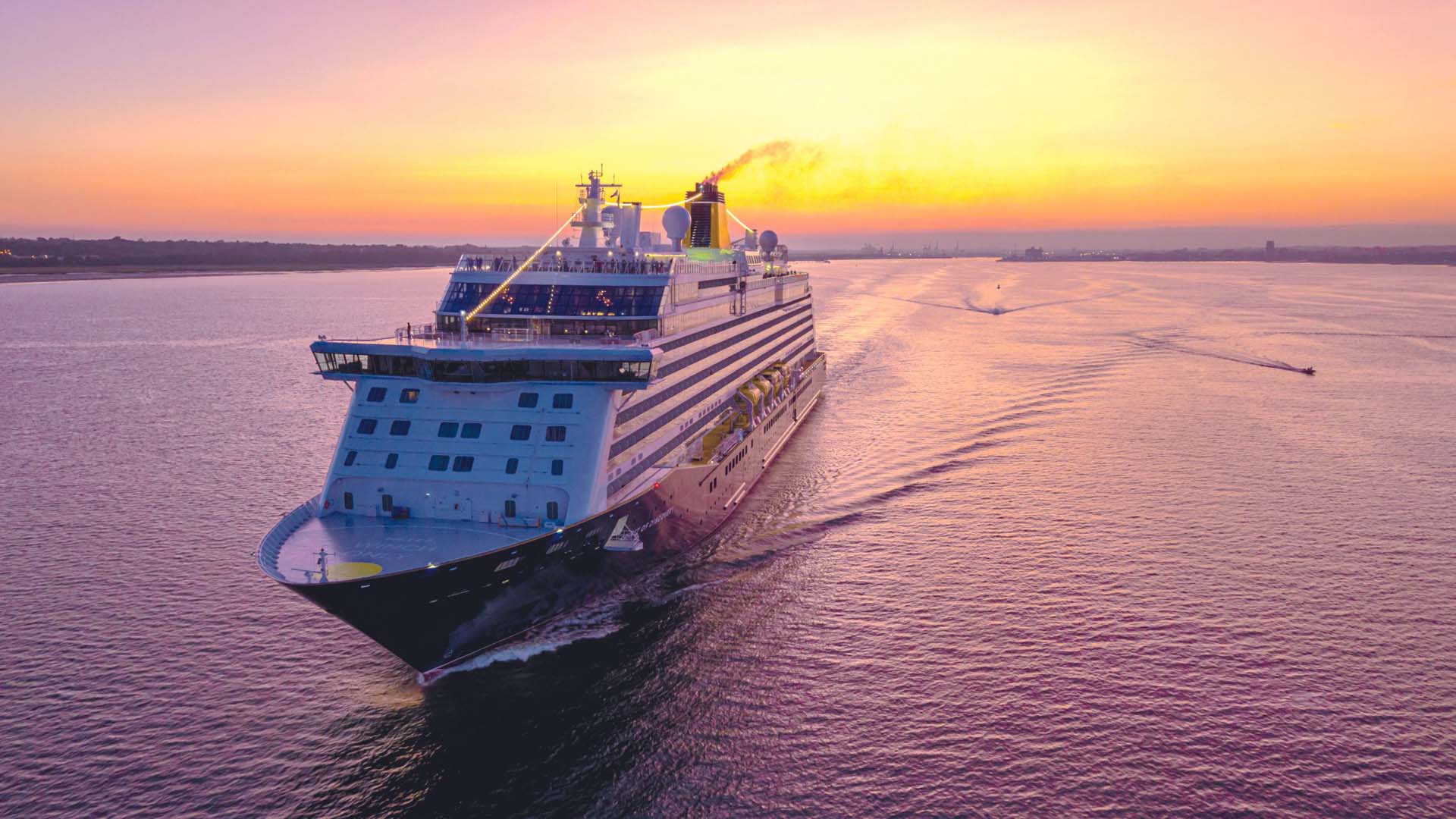


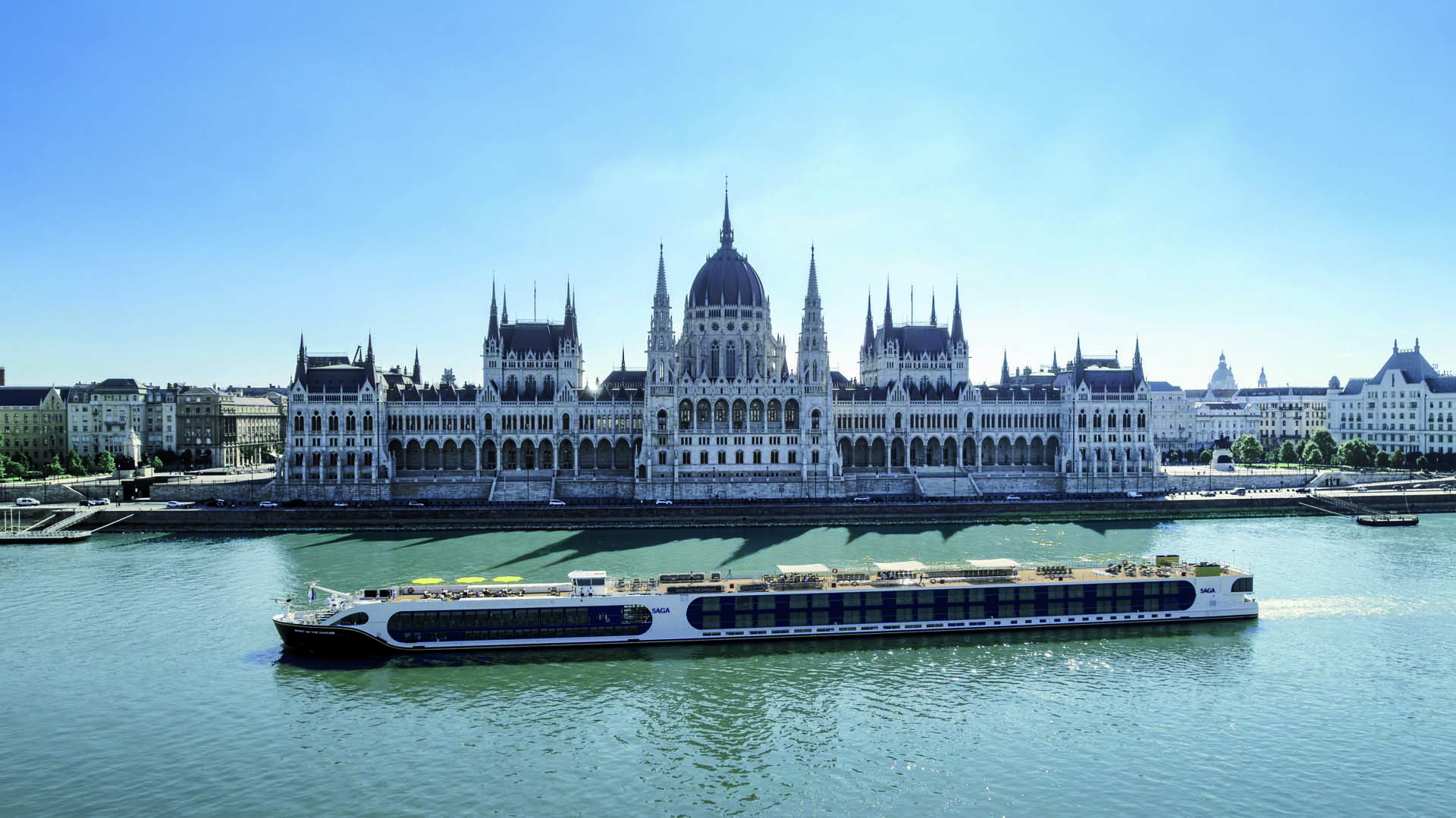
A different destination every day - why a river cruise could be your perfect summer holiday.
